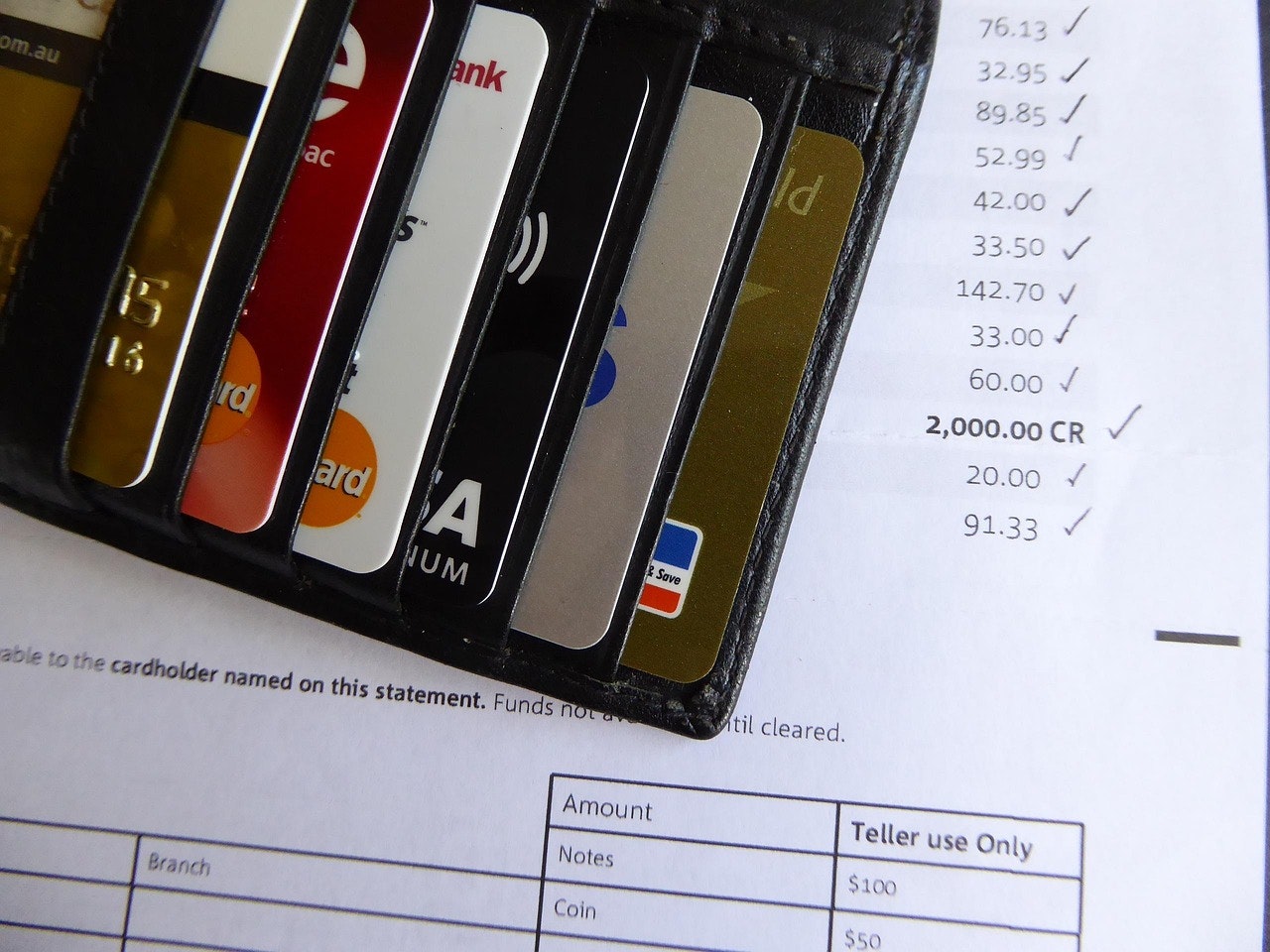
What Happens to Your Debt After You Die? A Guide for Massachusetts Families
Navigating the question of debt after death can be complex—but it’s a vital part of protecting your family’s financial future. At Long Hagan Huff-Harris, our Boston estate planning attorneys help individuals and families across Massachusetts understand how debt is handled after someone passes. By understanding how different types of debt are managed, you can minimize stress for your loved ones and create a more secure estate plan.
Secured vs. Unsecured Debt
Debts generally fall into two categories: secured and unsecured.
-
Secured debts, like mortgages or car loans, are tied to physical assets. After death, those assets may be sold or transferred to settle the debt.
-
Unsecured debts, such as credit card balances or medical bills, are paid from the deceased’s estate. If the estate doesn’t have enough funds, those debts may go unpaid.
Our Massachusetts probate attorneys can guide you through how these debts are prioritized and paid during estate administration.
Cosigners and Joint Account Holders
If someone cosigned a loan or shared a joint credit account with the deceased, they may still be legally responsible for the remaining debt. Creditors can—and often do—pursue cosigners or joint account holders for payment.
This is one of the many reasons why working with a Boston estate planning lawyer is important. At Long Hagan Huff-Harris Law, we help families understand these liabilities and prepare for them accordingly.
Community Property States
Massachusetts is not a community property state, but it’s still important to understand how spousal debt might affect your estate. In community property states, spouses may be responsible for each other's debts regardless of whose name is on the account.
Although Massachusetts follows equitable distribution, debt responsibility can still arise in some cases—especially when assets are jointly owned. Our Boston-based estate attorneys can help clarify how your specific financial situation impacts your estate plan.
Debt in Probate
During probate, creditors have an opportunity to file claims against the estate. Debts must be resolved before any assets are distributed to heirs. This court-supervised process ensures that legal obligations are handled before beneficiaries receive their inheritance.
At Long Hagan Huff-Harris, our experienced Massachusetts probate lawyers assist executors and personal representatives with notifying creditors, evaluating claims, and efficiently settling estates.
Plan Ahead to Protect Your Family
Understanding what happens to your debts after death is a key part of estate planning. By working with a skilled legal team, you can reduce uncertainty, protect your heirs, and avoid surprises. The Boston estate planning attorneys at Long Hagan Huff-Harris offer personalized strategies to address debt, draft wills and trusts, and create a legacy of security for your loved ones.
Contact Long Hagan Huff-Harris Today
Estate planning is more than writing a will—it’s about preparing your family for the future. If you’re unsure how your debts will be handled or want to make sure your estate is protected, our legal team is here to help.
Contact Long Hagan Huff-Harris in Boston to schedule a consultation and start planning today.
